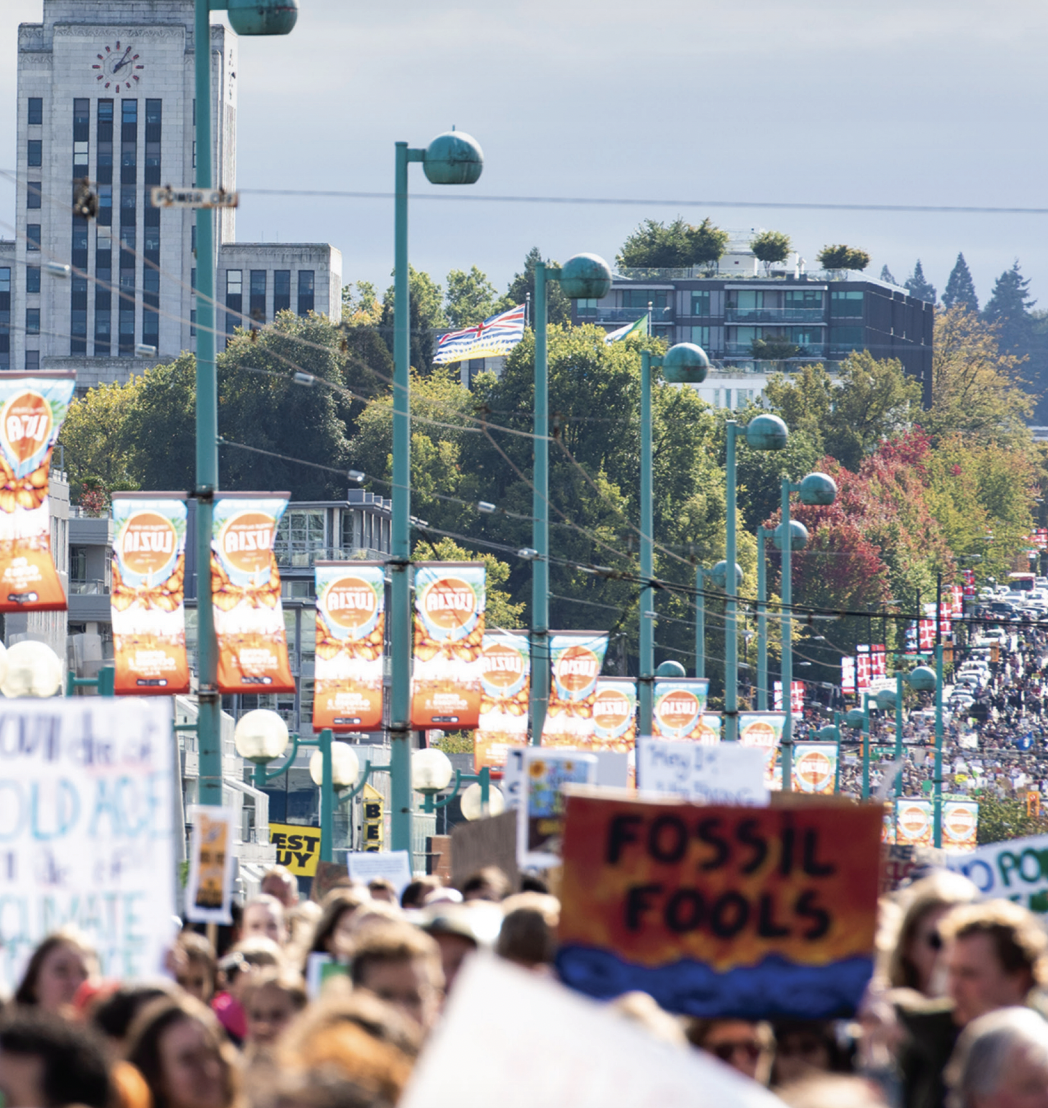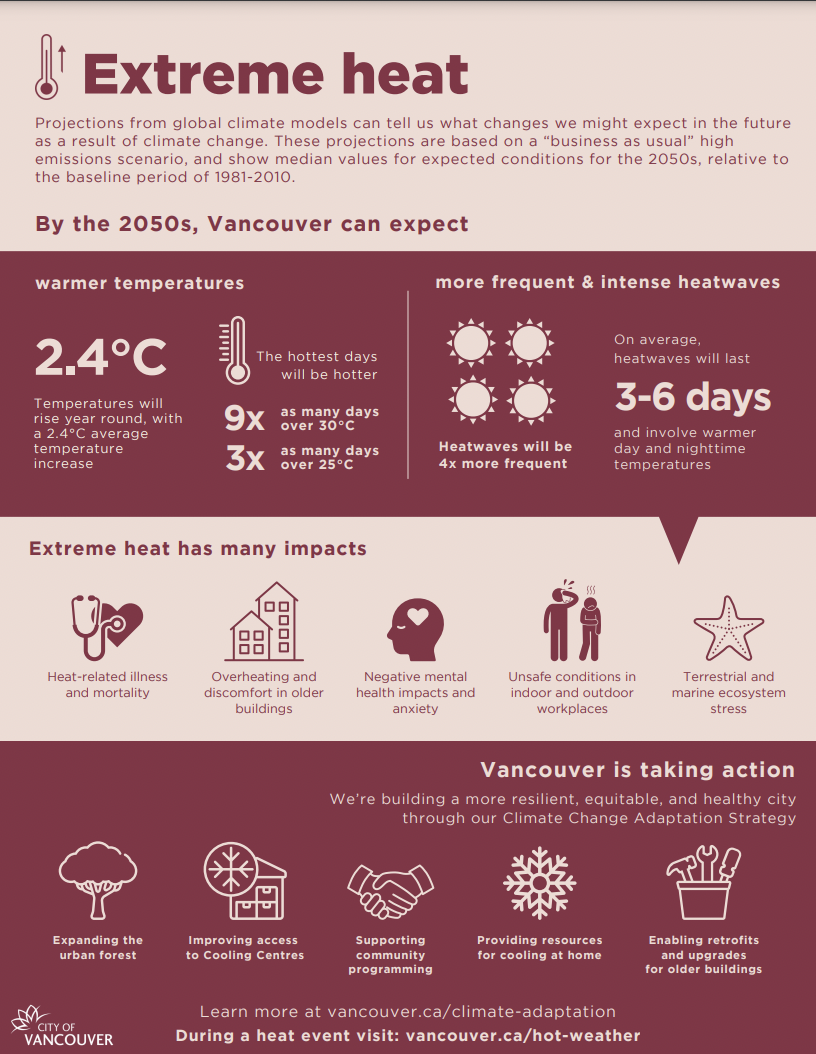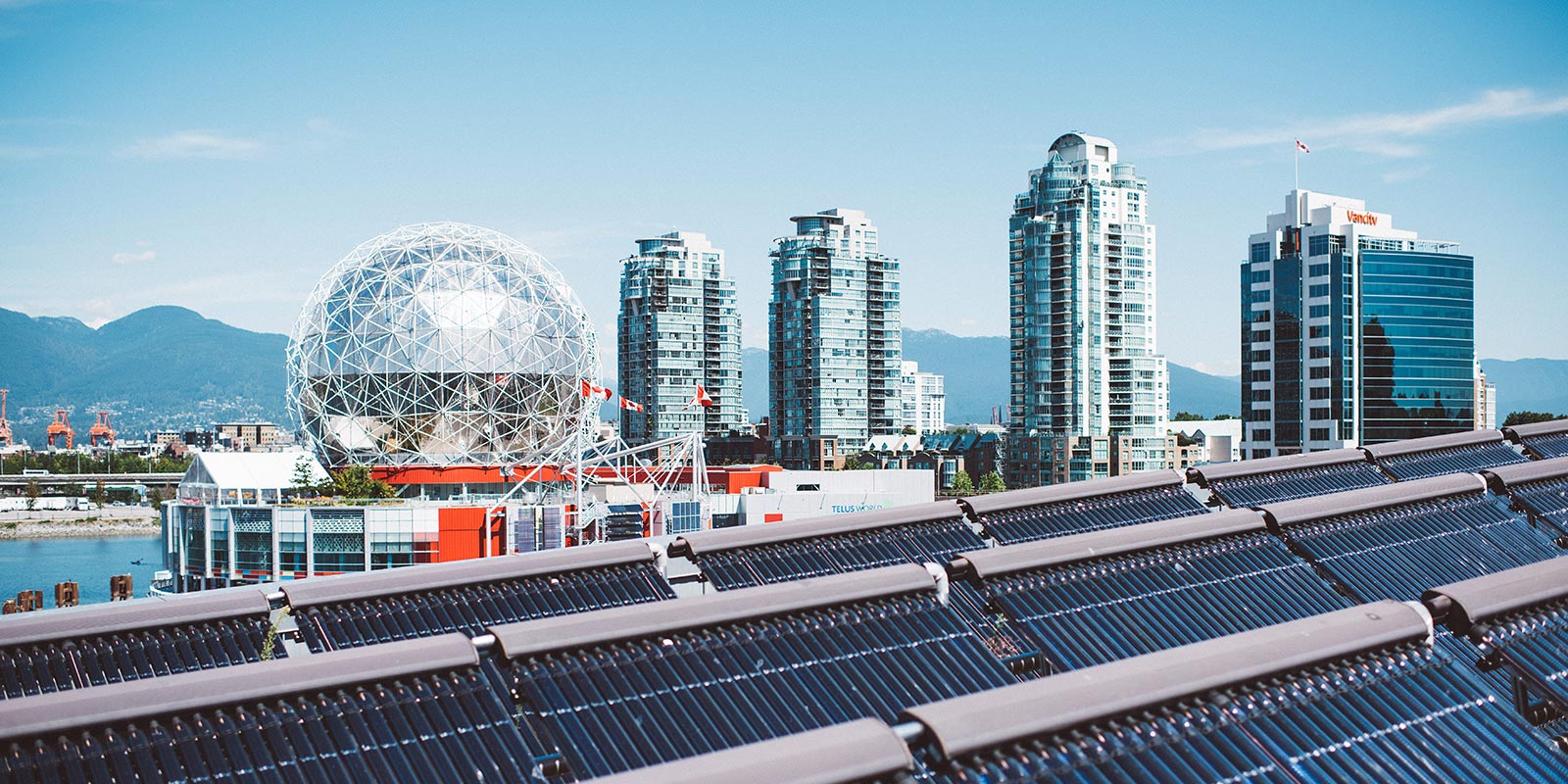
Research Report: C.O.O.K: Cooking On 0 Emissions Kilowatts

Climate Emergency Action Plan Summary


Vancouver currently has two plans guiding efforts to achieve its goal of reducing carbon pollution by 50% by 2030 and taking proactive action to prepare for and respond to the impacts of climate change. On the mitigation side, the Climate Emergency Action Plan (CEAP) has identified a suite of actions focused on land-use planning, transportation, buildings and natural climate solutions. These actions collectively position Vancouver to reach three targets to cut carbon pollution from goods and people movement: 90% of residents being within an easy walk, bike or roll of their daily needs, 2/3 of all trips taken within the city being by active transportation or transit and 50% of all kilometers driven in Vancouver by ZEVs and two additional targets to cut carbon pollution from buildings: reducing emissions by 50% and embodied emissions from construction will be 40% lower compared to 2018.
Vancouver’s Climate Change Adaptation Strategy (CCAS) provides a roadmap of actions to address the five main climate change-related hazards Vancouver faces including extreme heat, poor air quality, drought, extreme rainfall and sea level rise. Implementing these plans will support a healthy, climate resilient Vancouver.


